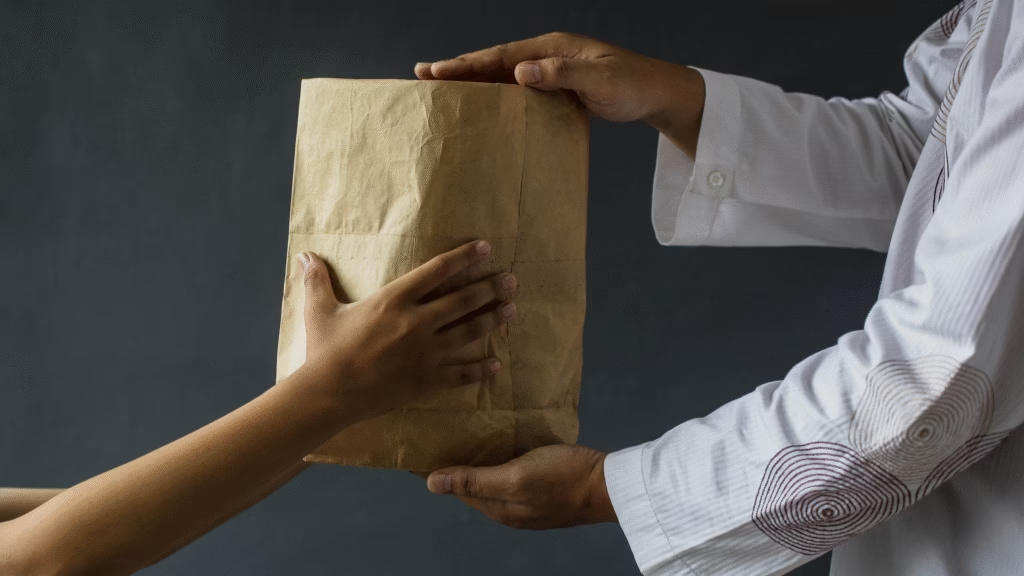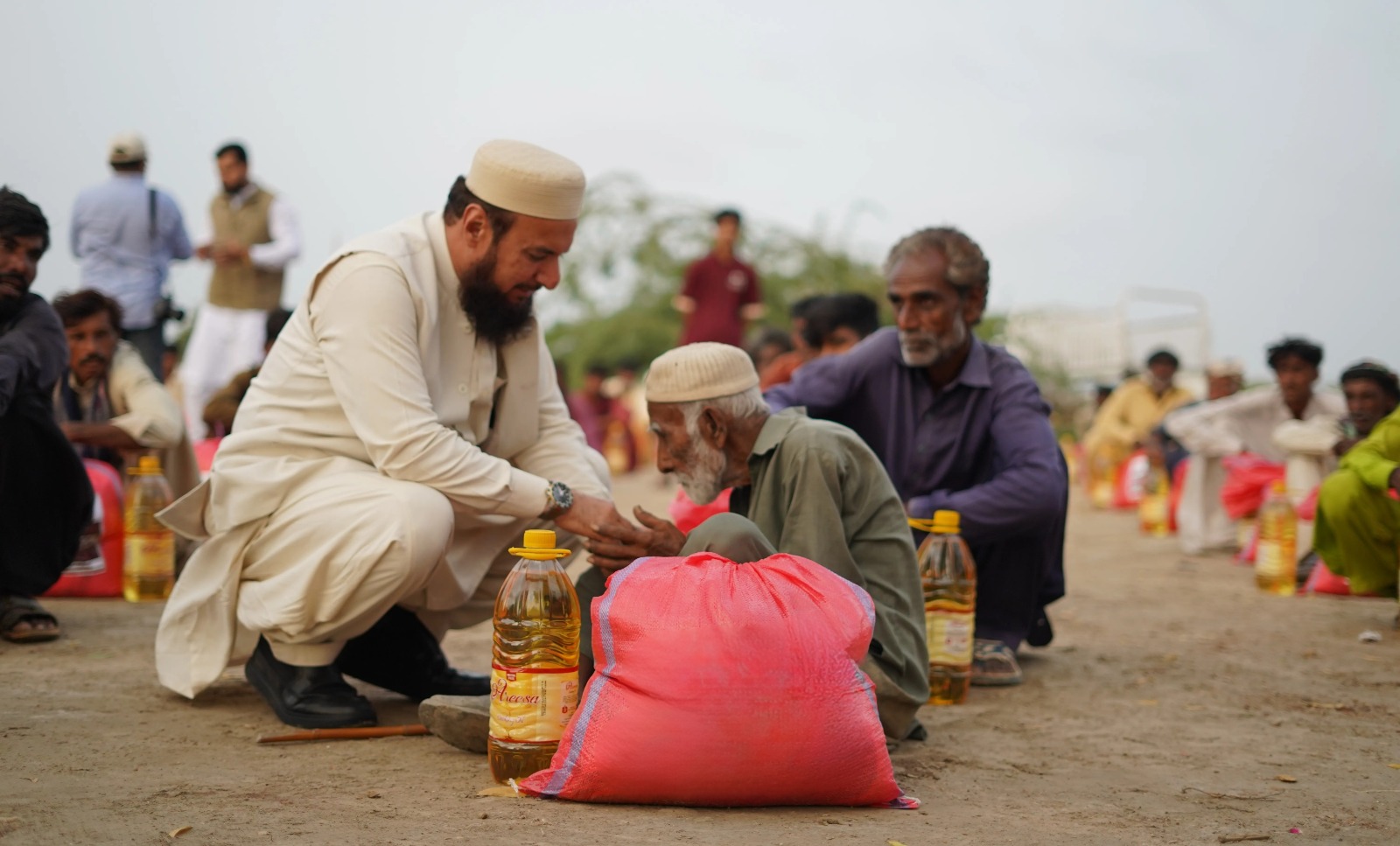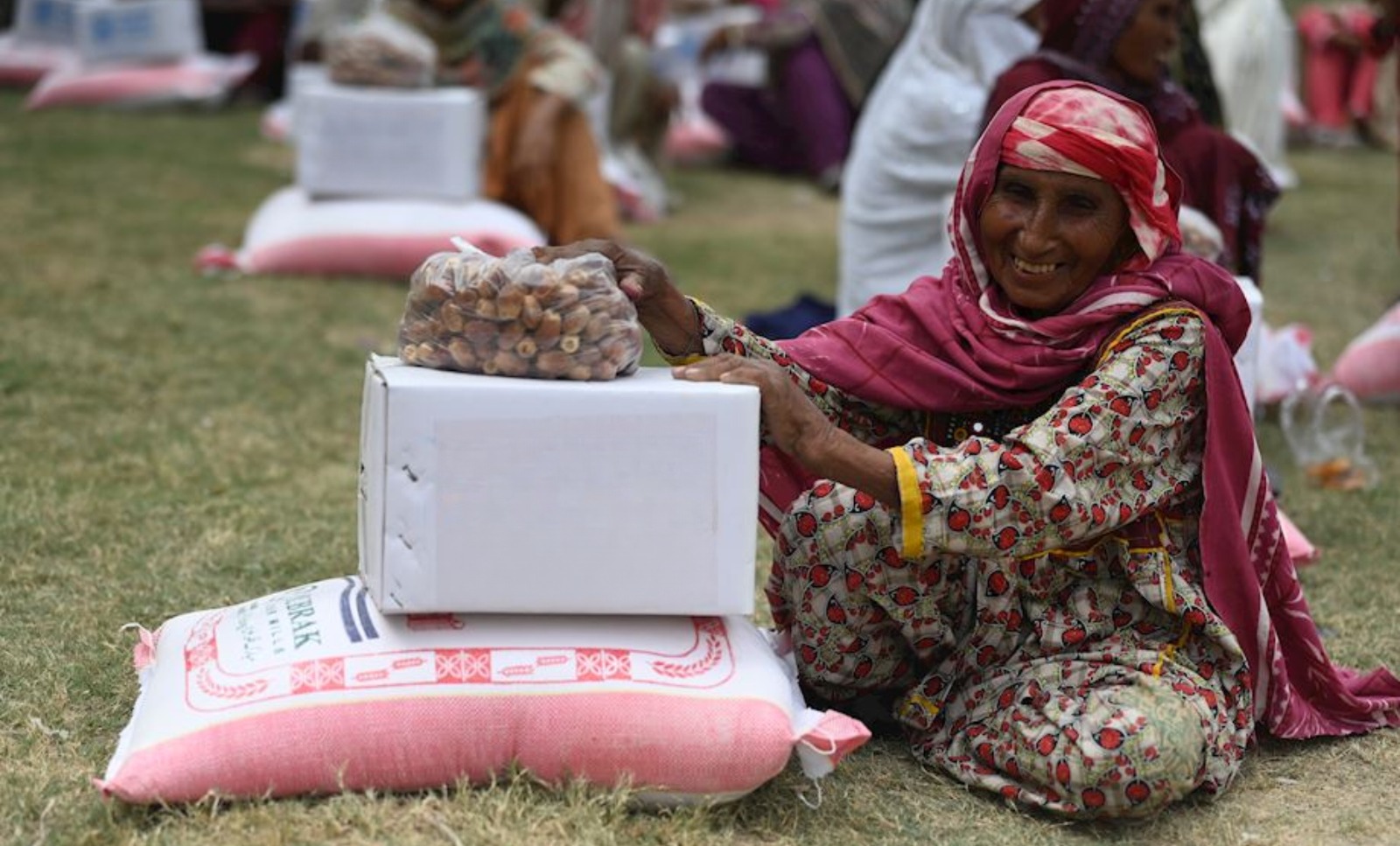All through the 30 days of Ramadan, we try our very best. We wake up for Suhoor, we hold back from food and drink all day, and we try to be the best versions of ourselves. We try to be more patient, to pray more, and to avoid bad habits.
But we are all human.
Perfection is not in our nature. Over the 30 days, we might have made a small mistake. Perhaps we got into a silly argument, said a word we shouldn’t have, or wasted time gossiping or watching useless things. None of these things break our fast, but they can feel like small stains on a clean, white cloth. They reduce the quality and reward of our fast.
So, how do we fix these small errors? How do we make our month of fasting complete and presentable to Allah (SWT)?
The answer is a beautiful, final act of worship called Fitrana (or Zakat al-Fitr). We are told its two main purposes are to feed the poor on Eid and to purify our fast. But how exactly does Fitrana “purify” your fast?
Let’s explore this beautiful, merciful concept.
The Hadith: The Source of “Purification”
The entire idea of Fitrana as a “purifier” comes directly from the words of the Prophet Muhammad (peace be upon him). His companion, Ibn ‘Abbas (may Allah be pleased with him), reported:
“The Messenger of Allah (ﷺ) enjoined Zakat al-Fitr as a purification for the fasting person from idle talk and obscene speech, and to feed the poor.”
(Sunan Abi Dawud)
This Hadith gives us two clear-to-understand goals that are linked together:
- A Purification (Tuhrah): To cleanse our fasts.
- A Food Source (Tu’mah): To feed the needy.
To understand how it purifies, we first need to know what it is cleansing from.
What “Stains” Does Fitrana Cleanse?
Think of your month of fasting as a beautiful, white garment. You have been commanded to keep it perfectly clean for 30 days.
- A deliberate, major sin (like eating on purpose) would be like ripping a huge hole in the garment. This would require a major repair, like Kaffarah.
- But these small, everyday mistakes are like specks of “dust” or “mud” that get on the garment during the month.
Fitrana is the “laundry” at the end of the month that washes away these specks, making the garment pure and white again.
So, how does Fitrana “purify” your fast? It targets the small, minor sins that we often commit with our tongue or our senses, such as:
- Idle Talk (Laghw): This is all the useless chatter we engage in. It could be gossiping about someone, complaining, arguing over small things, or just wasting hours talking about things that have no benefit.
- Obscene Speech (Rafath): This includes rude or foul language, arguing in anger, backbiting, or telling inappropriate jokes.
- Negative Actions: Getting angry or impatient with your family.
- Sins of the Senses: Looking at things we shouldn’t, or listening to gossip and music that takes us away from the remembrance of Allah.
Again, these things don’t break our fast, but they are against the spirit of fasting. They scratch and reduce the reward of our worship.
The Spiritual “How”: Giving Charity to Erase Sins
So, how does a £5 donation actually “wash” away the sin of idle talk? It works in two beautiful ways.
1. It’s an Act of Obedience
First, by paying Fitrana, we are simply obeying a direct command from the Prophet (ﷺ). This act of obedience is in itself a good deed. It’s like telling Allah (SWT), “O Allah, I know I wasn’t perfect. I made mistakes. But in obedience to Your Prophet, here is my offering to make things right.”
2. It’s a Powerful Good Deed
Second, and most importantly, giving charity is one of the most powerful tools Allah has given us to erase our sins.
The Prophet (ﷺ) said, “Charity extinguishes sin as water extinguishes fire.” (Sunan al-Tirmidhi)
Fitrana is this principle in action. It is a “spiritual transaction.” We are presenting Allah (SWT) with a pure, beloved act of goodness (feeding a hungry person) and humbly asking Him to accept it as an expiation, or a “payment,” for the minor, negative things we did.
We are, in effect, asking Allah to “balance the scales.” We are asking that the good deed of feeding the poor be used to “blot out” the bad deeds of our idle talk.
This is why the two goals are linked. The purification doesn’t happen just by feeling sorry. It happens by acting on that feeling and doing a good deed for someone else. We fix our own spiritual state by fixing someone else’s physical state.
A Mercy for Everyone
Here is the most beautiful part: this purification isn’t just for people who feel they made a lot of mistakes.
This purification is for everyone, from the most righteous person who barely spoke all month to the person who really struggled with their temper. Why? Because no one is perfect. Even the best of us might have had a negative thought or wasted a few minutes on something useless.
Fitrana is a universal mercy from Allah. It is a “spiritual leveller.” It ensures that every single Muslim, regardless of how “well” they think they fasted, has a way to patch up their worship and make it complete. It is a required duty for this very reason. This purification is for everyone, as explained in our guide on who is obligated to pay Fitrana.
Purification (Fitrana) vs. Compensation (Fidya)
It’s very important not to confuse this “purification” with “compensation.”
- Fitrana is a polish. It cleanses fasts that you kept but were imperfect.
- Fidya is a payment. It is for fasts that you did not keep for a valid, permanent reason (like a chronic illness or old age).
It cleanses our fast of small errors, while Fidya is the compensation for fasts that were missed entirely. This shows the difference: Fitrana is for the fasts you did, and Fidya is for the fasts you couldn’t do.
A Final, Perfect Seal on Your Ramadan
Fitrana is the final, beautiful seal on our month of worship. It is Allah’s (SWT) way of giving us a “reset” button, allowing us to end the month on a perfect, clean slate.
It’s an act of humility, acknowledging our flaws. And it’s an act of hope, trusting in Allah’s infinite mercy to accept our flawed efforts and reward us with the full prize of Ramadan.
When you give your Fitrana, you are not just feeding a poor person—you are also polishing your own deeds. You are completing your month of hard work and ensuring your fast is presented to Allah (SWT) in the best, most pure, and most beautiful way possible.
At Children of Adam, we make sure your Fitrana is delivered on time, as fresh food, to the poorest families, ensuring your duty is fulfilled exactly as the Sunnah intended.
Don’t let your hard work go to waste because of a few small mistakes. Learn the deep spiritual benefit of Zakat al-Fitr (Fitrana) and how it completes your Ramadan by paying your £5 obligation today.




